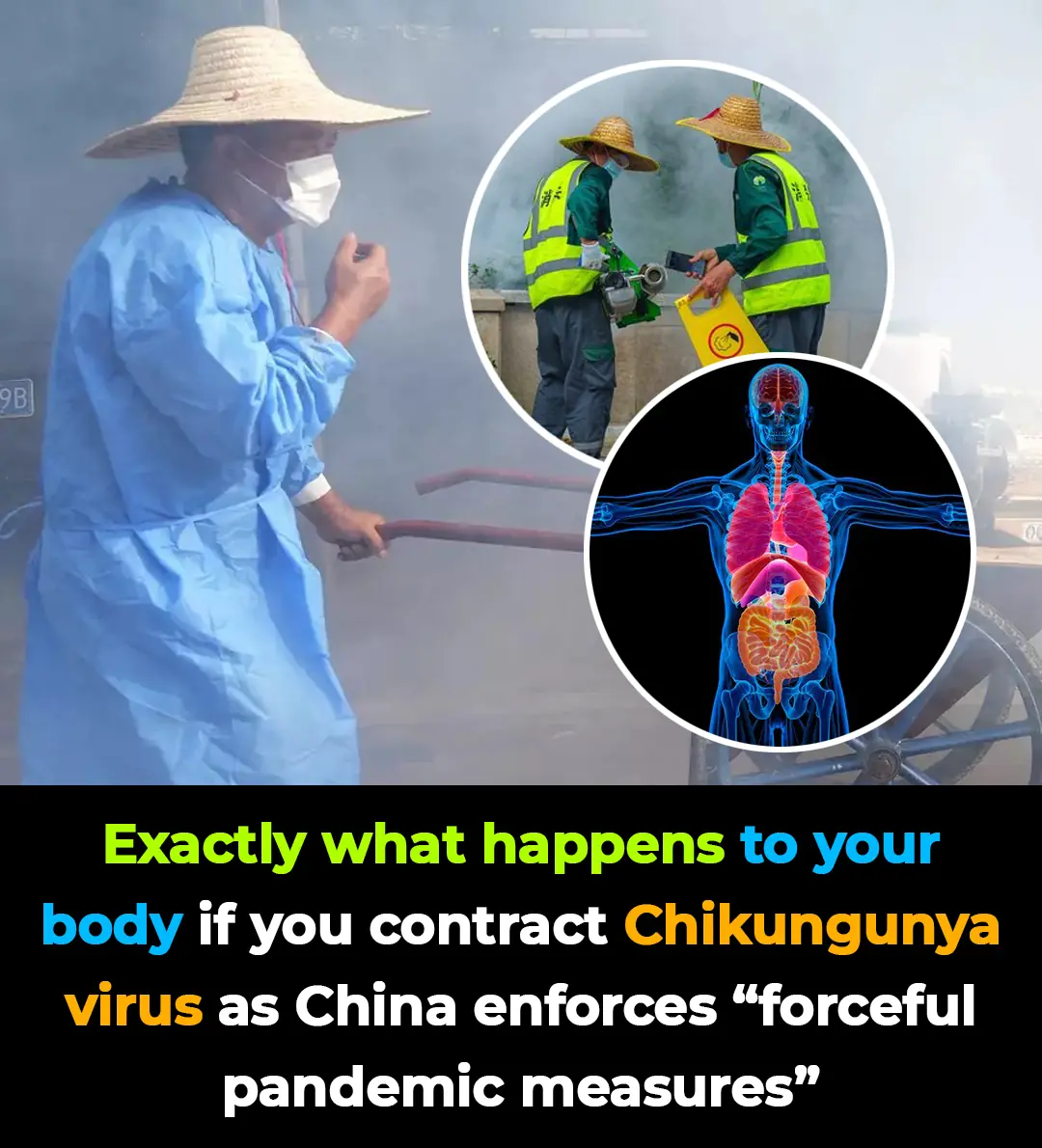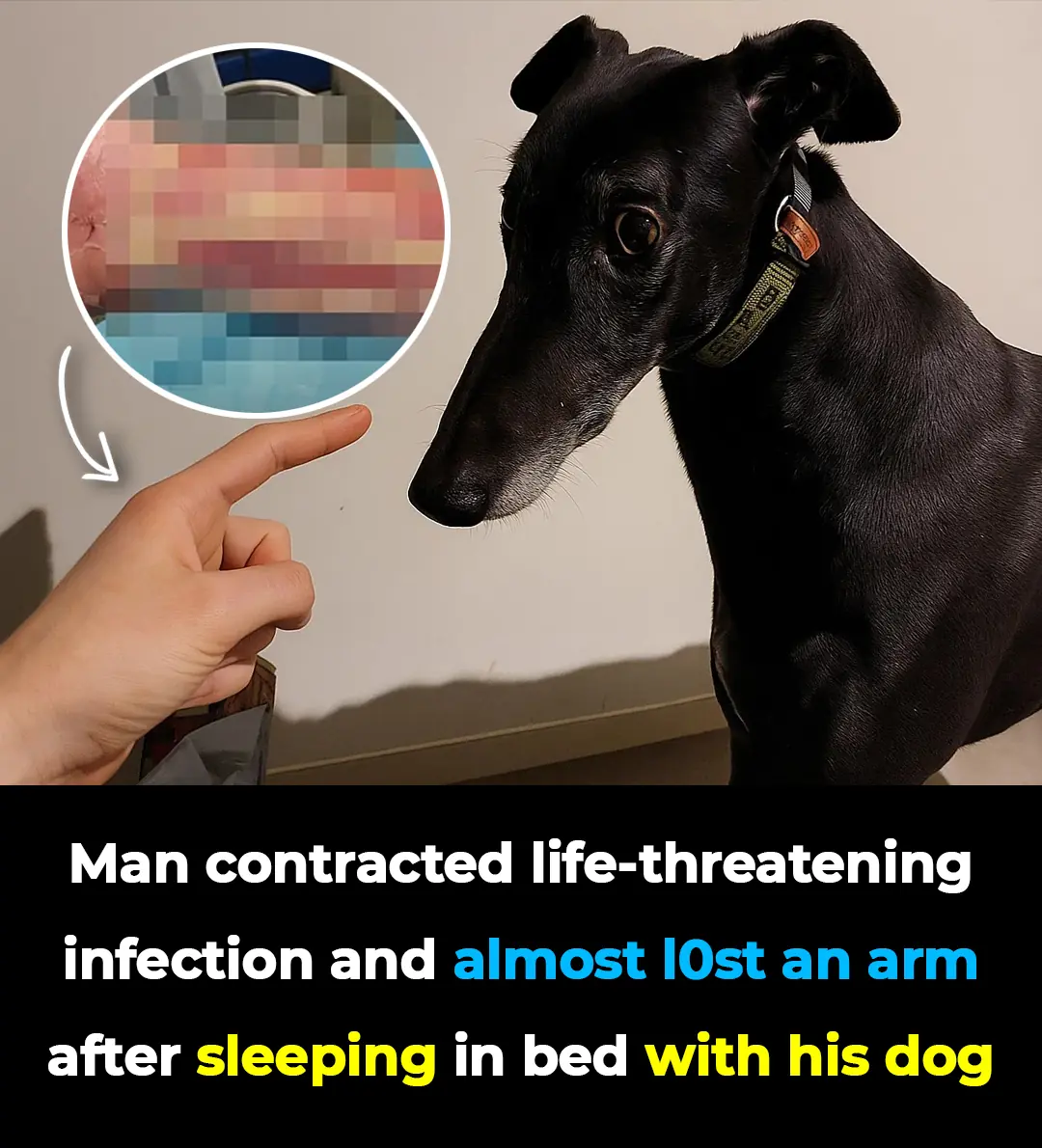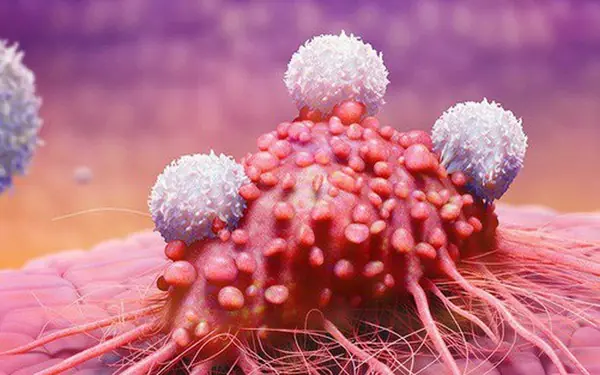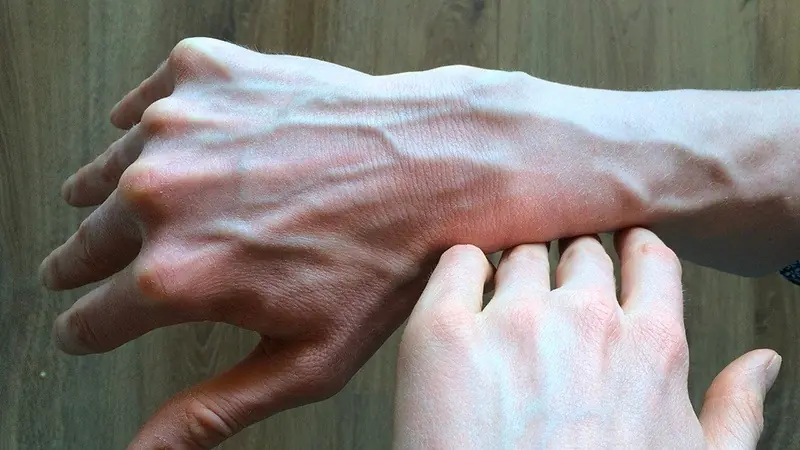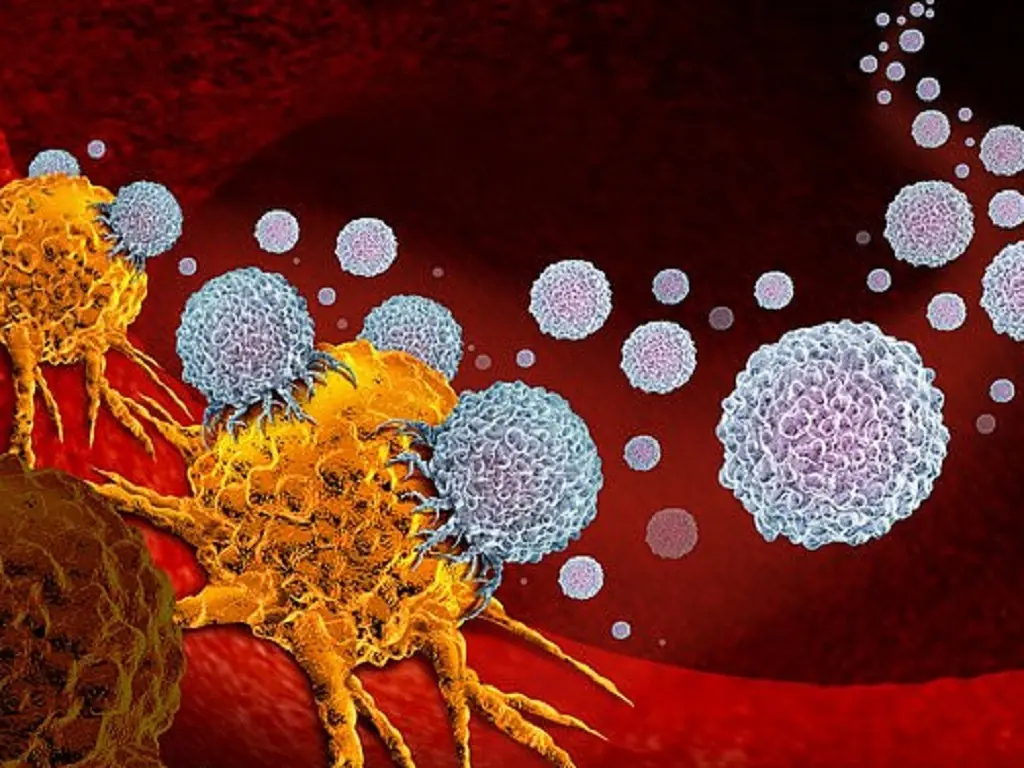Following guidance from the World Health Organization, China is focusing on mosquito control as the most effective method to prevent further spread.
China is ramping up containment efforts after more than 7,000 confirmed cases of the Chikungunya virus were reported across 13 cities in the Guangdong region, sparking concerns of a large-scale outbreak. The swift and decisive response comes as memories of the Coronavirus pandemic and its strict lockdowns remain fresh, reminding the world how quickly a public health crisis can escalate.
While the Chikungunya virus is notably different from COVID-19 — it cannot generally be passed from person to person — it is still a serious health threat. The disease is transmitted through the bite of an infected mosquito, most commonly the Aedes aegypti or Aedes albopictus species. Infections have been documented in Africa, the Americas, Asia, Europe, and numerous islands across the Indian and Pacific Oceans.
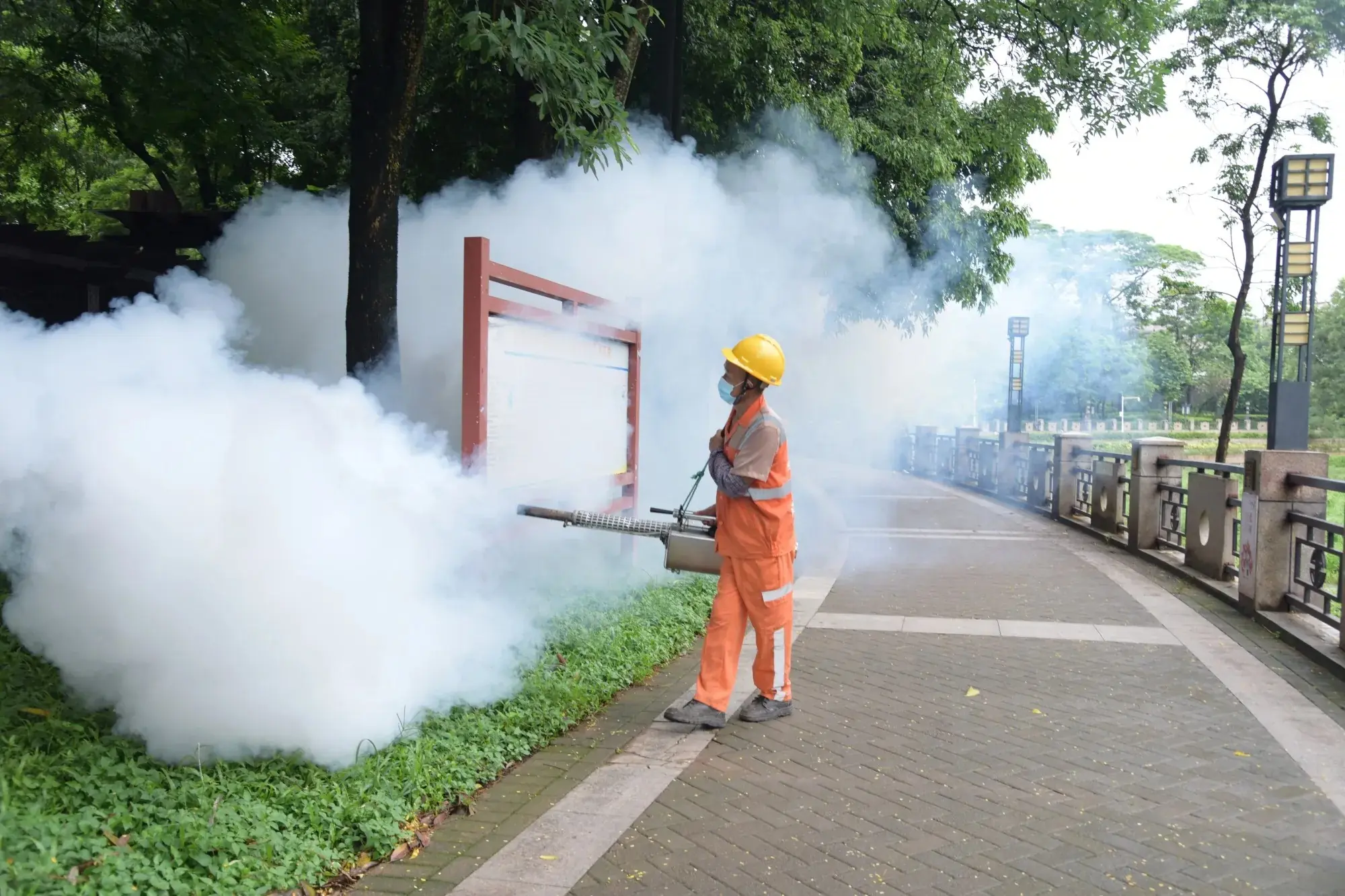
Symptoms of Chikungunya Virus
According to the CDC, symptoms usually appear between three and seven days after a bite from an infected mosquito. The most common signs include:
-
Sudden fever
-
Severe joint pain
-
Headaches
-
Muscle aches
-
Swelling in the joints
-
Skin rashes
These symptoms can range from mild discomfort to debilitating pain that affects daily activities. While most patients recover within a week, joint pain can linger for weeks or even months in some cases. Certain groups — including newborns, people over 65, and those with existing health conditions such as high blood pressure, diabetes, or heart disease — face a higher risk of severe complications. Although fatalities are rare, the virus can significantly impact quality of life during recovery.
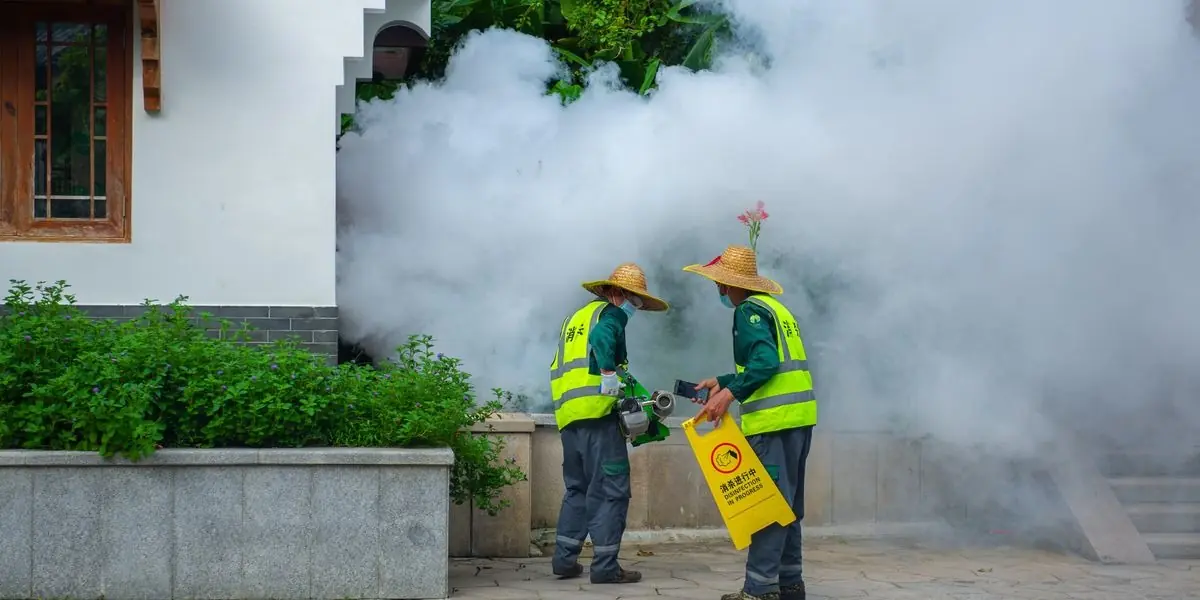
China’s Aggressive Containment Measures
Following guidance from the World Health Organization, China is focusing on mosquito control as the most effective method to prevent further spread. The strategy centers on eliminating mosquito breeding grounds, particularly stagnant water sources where larvae thrive.
Residents have been ordered to remove or clean potential breeding sites such as flowerpots, discarded bottles, clogged drains, and even coffee machine water trays. Failure to comply could result in fines of up to 10,000 yuan (approximately $1,400).
In addition to community clean-up campaigns, innovative biological control methods are being deployed. Authorities have released large, genetically modified “elephant mosquitoes” designed to reduce populations of virus-carrying mosquitoes. More than 5,000 mosquito-eating fish have also been introduced into lakes in Foshan to help naturally curb mosquito numbers.
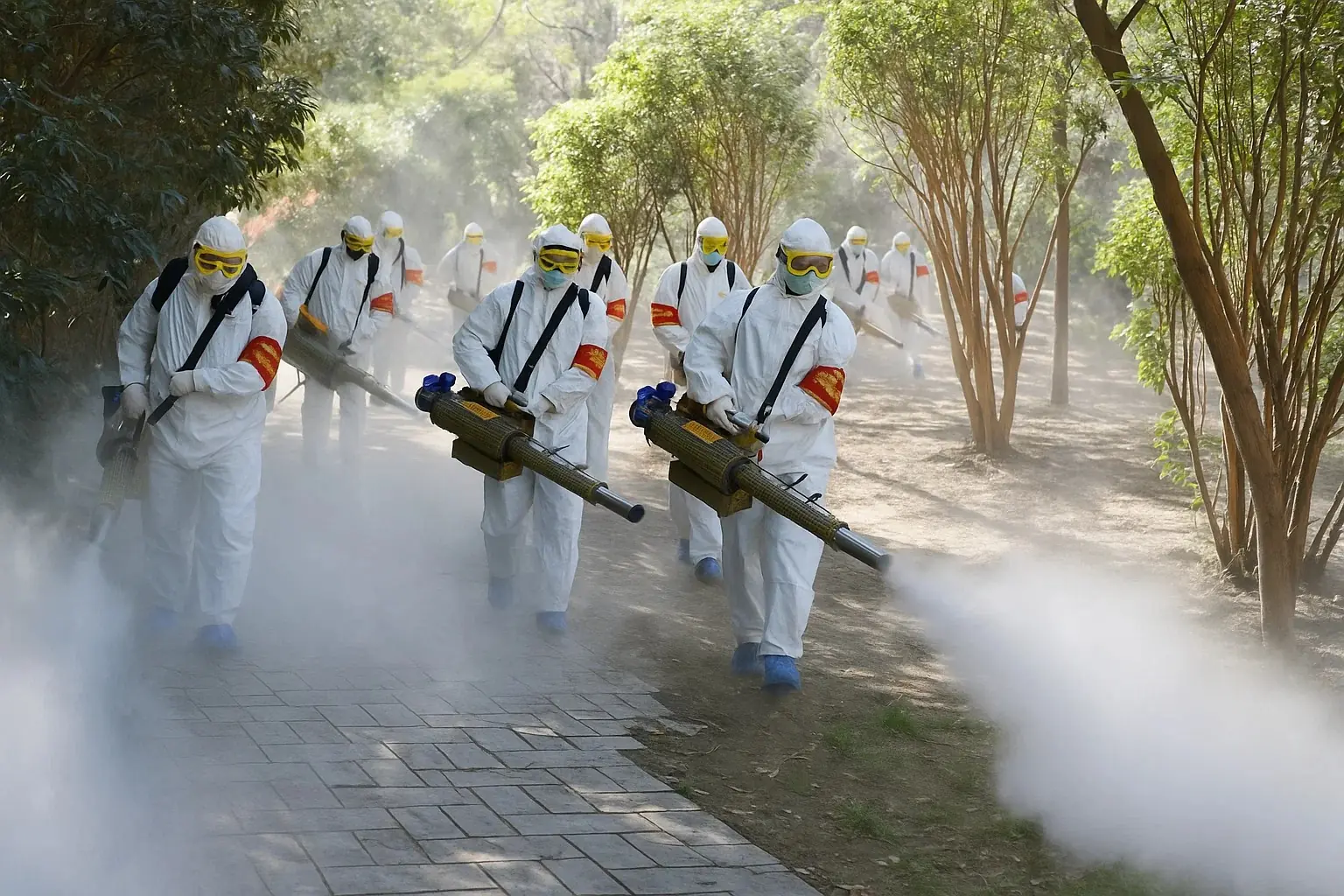
Sanitation teams are actively spraying insecticides in public spaces, while health officials continue to monitor infection rates closely. The goal is to prevent Chikungunya from becoming a wider public health emergency and to reassure citizens that swift, science-driven actions are being taken.
With summer heat creating ideal conditions for mosquito breeding, health experts stress the importance of personal protection — using mosquito repellents, wearing long sleeves, and installing window screens — to minimize exposure.





